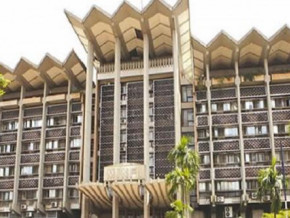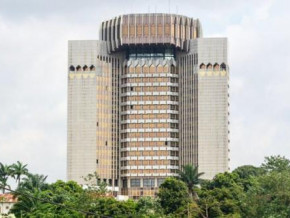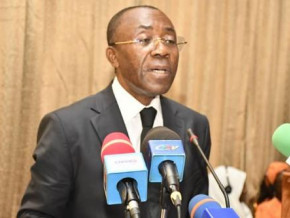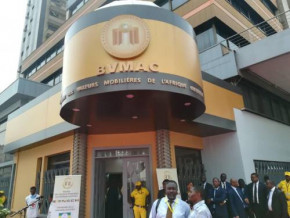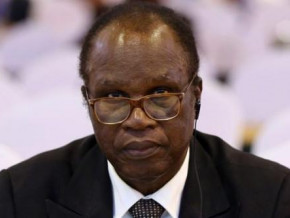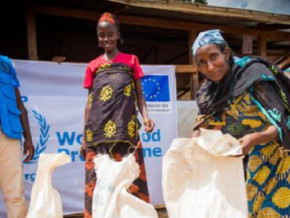
Cameroonian companies Sosucam, Alubassa and Socatral could soon be on the Douala stock exchange
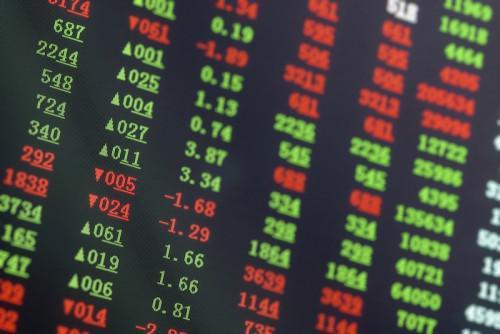
(Business in Cameroon) - The Cameroonian government has decided to sell the shares it owns directly (through the Société Nationale d’Investissements) or indirectly (through State organisations and other State companies) in three companies. According to the pro-government daily who revealed this information, these are the Société Sucrière du Cameroun (Sosucam), subsidiary of the French group Somdiaa; Socatral (production of corrugated iron sheets) and Alubassa (production of kitchen utensils), two companies in the Alucam group, aluminium giant in Cameroon, who is still looking for a buyer for the 46% shares previously owned by Rio Tinto.
The sale of these State shares in the above-mentioned companies will be done through a public offering of shares on the Douala Stock Exchange (DSX), the stock market of the country. This was previously the case for SEMC, Socapalm and Safacam, the only three companies listed on this market to date. These new initial public offerings announced (without precision from the concerned companies) in early 2015 by the Minister of Finance, Alamine Ousmane Mey, are in line with the strategy to give a new boost to the activities of this financial market, which the Ministry of Finance is currently fine tuning.
According to the MD of DSX, Pierre Ekoule Mouangué, between 30 to 40 companies operating in Cameroon fit the criteria required to raise funds and be listed on this financial market. It is a matter of raising awareness in these companies on the opportunities offered by the stock market, and more importantly encourage them to get listed on the Douala Stock Exchange by 2020. This in order to reach, by 2018, a target of FCfa 3,000 billion of market capitalisation in equity securities (shares), and FCfa 1,000 billion in debt securities (bonds).
Since May 2006 when the very first company was listed, this financial market had a global market capitalisation of FCfa 500 billion only as at end February 2015, the Minister of Finance revealed in a report presented in March 2015 during the Cameroon Business Forum (CBF), a platform for exchanges between the government and the operators in the private sector.
“We cannot satisfy ourselves with these results, when we know that Cameroon, whose GDP is around FCfa 16,000 billion, with a dynamic private sector, must establish a diversified economy capable of accelerating its growth for more shared prosperity, thanks to a better performing financial system”, this Cameroonian government member confessed, while recalling that with this capitalisation, DSX represents barely 3.25% of the country’s GDP, against 16% for the banking sector.
Brice R. Mbodiam
Mags frontpage
- Most read 7 days
- shared 1 month
- read 1 month




